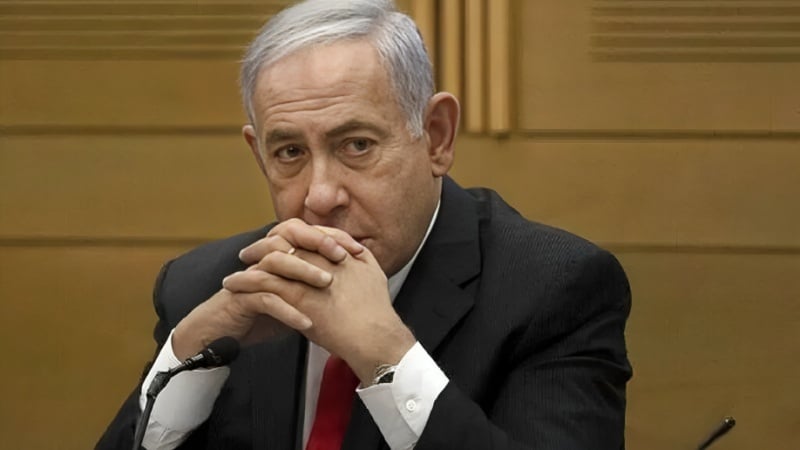Why Netanyahu was forced to accept Gaza ceasefire
-

Benjamin Netanyahu, prime minister of Israel
Pars Today – Benjamin Netanyahu, prime minister of Israel, was compelled to accept a ceasefire in Gaza in the face of global outrage and threats of international arrest.
Al Jazeera Net published an analytical piece by Mahmoud Sultan, outlining the reasons that forced Netanyahu to agree to end the Gaza war.
Pars Today, citing Al-Alam Network, reported that the analysis states: one reason Netanyahu was forced to accept the ceasefire is that he found himself isolated and widely despised at the United Nations. Fearing the execution of an arrest warrant issued by the International Criminal Court, he avoided flying over European airspace. When Netanyahu went to address the UN General Assembly, many delegations left the hall, leaving him alone in a room largely empty of world leaders.
European figures have openly accused Israel of committing genocide, and calls for an arms embargo on the regime have increased, even among pro-Israel U.S. Democrats such as former National Security Advisor Jake Sullivan.
In August 2025, 28 Western countries urged Tel Aviv to cease its crimes in Gaza. These demands were accompanied by threats of cultural, academic, and sports sanctions against Israel, prompting Nimrod Goren, an Israeli university professor, to admit that most Israelis feel the world is against them because of Gaza. This sentiment led former Israeli prime minister Ehud Olmert to acknowledge, “We have become a despised state.”
Another mistake that left Netanyahu isolated and compelled him to accept a halt to the Gaza war was his assumption that U.S. President Donald Trump would not pressure him and would fully support his actions. However, Netanyahu soon found himself facing intense pressure from Trump. The Israeli regime’s concern over isolation grew so severe that Netanyahu warned Tel Aviv must become economically self-sufficient to counter its growing isolation.
The latest survey by the Pew Research Center indicates that 58% of Israeli residents believe their regime has lost respect among other countries. The poll also shows that most people in the Occupied Territories want the war to end, as the conflict has damaged Israel’s reputation and deepened its isolation.
Externally, Israel also found itself alone, as Trump engaged in talks with Hamas without informing Tel Aviv, lifted sanctions on Syria, and expressed willingness to negotiate with Iran.
Meanwhile, Israel’s attempt to assassinate Hamas leaders in Qatar led Trump’s team to accuse the regime of trying to create tensions between Washington and its non-NATO allies. Following these developments, Trump announced his disappointment with Netanyahu and warned that the war must end.
Another key reason Netanyahu agreed to end the Gaza war was the growing hatred toward Israel and widespread anti-Israel protests across Europe. This represented a critical turning point in Europe’s historical relationship with Israel, leaving Tel Aviv feeling on the brink of collapse and decline.
Hatred toward Israel has escalated to the point that, for the first time, all its allies have threatened to abandon it. This occurred even in countries previously considered immune to anti-Israel sentiment. Just four days before the Sharm El-Sheikh agreement, hundreds of thousands participated in protests across Europe against Israel, an event that Israeli media described as the most dangerous turning point in Europe’s historical relationship with the Israeli regime.
Israel now finds itself on a path toward collapse and potential disappearance, possibly even a gradual return to the state it was in over seventy years ago.
In this context, the world reached a historic consensus on the need to end the war, leaving Netanyahu with no choice but to yield to global public opinion. He succumbed to his own arrogance and pride without achieving any of his objectives and now faces an uncertain political future, one that could include stepping down from power or even imprisonment in an Israeli facility.


